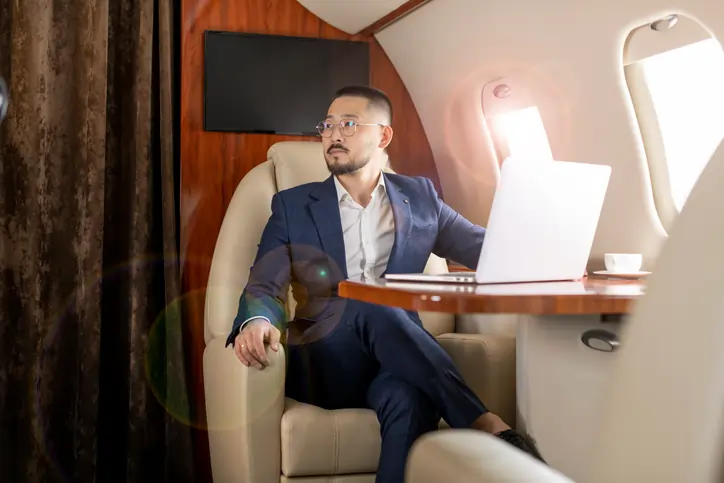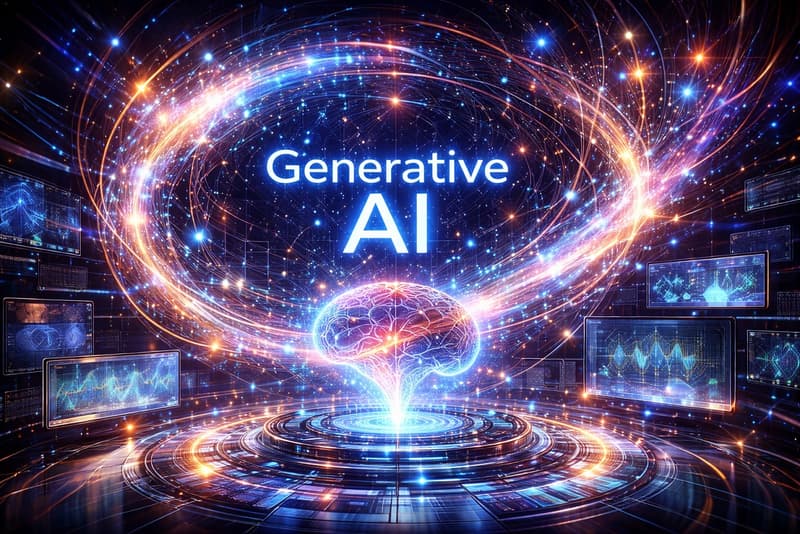
Enhancing Luxury Experiences Through Technology
In today’s fast-paced world, the luxury industry is constantly evolving to meet the demands of discerning consumers. As technology continues to advance at a rapid pace, luxury brands are leveraging innovative solutions to enhance the overall customer experience. From personalized services to immersive digital experiences, technology is reshaping the way luxury is perceived and consumed. In this article, we will explore how technology is transforming the luxury landscape and driving the evolution of luxury experiences.
The Evolution of Luxury Experiences
Luxury has always been synonymous with exclusivity, craftsmanship, and impeccable service. Traditionally, luxury brands relied on in-person interactions and traditional marketing channels to connect with their clientele. However, the rise of digital technology has revolutionized the way luxury brands engage with consumers.
Personalized Customer Experiences
One of the most significant ways technology is enhancing luxury experiences is through personalization. With the help of data analytics and artificial intelligence (AI), luxury brands can gather insights into consumer preferences and behavior, allowing them to tailor their offerings to individual tastes. By analyzing past purchases, browsing history, and demographic information, brands can create customized recommendations and personalized shopping experiences, both online and in-store.
Virtual Try-Ons and Augmented Reality
Another trend shaping the luxury industry is the adoption of virtual try-on tools and augmented reality (AR) experiences. These technologies allow consumers to visualize products in real-time, enabling them to make more informed purchasing decisions. Whether trying on virtual clothing or previewing home furnishings in AR, these immersive experiences bring the luxury shopping experience to life. Luxury brands are also using AR technology to create interactive marketing campaigns and virtual showrooms, blurring the lines between physical and digital retail environments.
The Role of Technology in Luxury Hospitality
The hospitality sector is another area where technology is revolutionizing luxury experiences. From smart rooms to digital concierge services, hotels are incorporating technology to elevate the guest experience.
Smart Room Technology
Smart room technology allows guests to control various aspects of their environment, such as lighting, temperature, and entertainment, with the touch of a button or voice command. This level of convenience and personalization enhances the overall stay experience and sets luxury hotels apart from their competitors. In addition to improving guest satisfaction, smart room technology can also help hotels optimize energy usage and reduce operational costs.
Digital Concierge Services
Gone are the days of traditional concierge desks. Luxury hotels are embracing digital concierge services powered by AI and machine learning algorithms. These virtual concierge platforms can provide personalized recommendations, make reservations, and offer assistance in multiple languages, catering to the diverse needs of modern travelers. By leveraging chatbots and virtual assistants, hotels can provide round-the-clock service and streamline the guest experience from booking to checkout.
The Rise of Virtual Events and Experiences
In response to the global pandemic, the luxury industry has embraced virtual events and experiences as a way to connect with consumers in a socially distanced world. From virtual fashion shows to immersive brand experiences, luxury brands are leveraging technology to engage their audience in new and innovative ways.
Virtual Fashion Shows
With traditional fashion shows on hold, luxury brands have turned to digital platforms to showcase their latest collections. Virtual fashion shows allow brands to reach a global audience and offer viewers a front-row seat to the runway from the comfort of their own homes. These digital experiences often incorporate interactive elements, such as behind-the-scenes footage and live Q&A sessions with designers, further enhancing the viewer’s engagement. By hosting virtual fashion shows, luxury brands can maintain brand visibility and generate excitement among consumers, even in the absence of physical events.
Immersive Brand Experiences
In addition to virtual fashion shows, luxury brands are creating immersive digital experiences that transport consumers into the brand’s world. Whether through virtual reality (VR) tours of flagship stores or interactive storytelling experiences, these immersive brand experiences allow consumers to engage with the brand on a deeper level and forge a stronger emotional connection. By immersing consumers in captivating narratives and stunning visuals, luxury brands can create memorable experiences that resonate long after the virtual event has ended.
FAQs
- How are luxury brands using technology to personalize the shopping experience for their customers?
Luxury brands are leveraging technology such as data analytics and artificial intelligence to gather insights into consumer preferences and behavior, allowing them to tailor their offerings to individual tastes. By analyzing past purchases, browsing history, and demographic information, brands can create customized recommendations and personalized shopping experiences, both online and in-store.
- What role does augmented reality (AR) play in enhancing the luxury shopping experience?
Augmented reality technology allows consumers to visualize products in real-time, enabling them to make more informed purchasing decisions. Luxury brands are incorporating AR into their digital platforms to offer virtual try-ons for clothing and accessories, as well as immersive experiences like virtual showrooms for home furnishings.
- How are luxury hotels integrating technology to elevate the guest experience?
Luxury hotels are implementing smart room technology, allowing guests to control various aspects of their environment, such as lighting, temperature, and entertainment, with the touch of a button or voice command. Additionally, digital concierge services powered by AI and machine learning algorithms provide personalized recommendations, make reservations, and offer assistance in multiple languages.
- In what ways have virtual events become a prominent feature in the luxury industry?
Virtual events, such as virtual fashion shows and immersive brand experiences, have gained popularity in the luxury industry, particularly in response to the global pandemic. Luxury brands are leveraging technology to engage with consumers in new and innovative ways, offering virtual experiences that transcend geographical limitations and provide a front-row seat to exclusive events.
- How do virtual fashion shows enable luxury brands to reach a wider audience?
Virtual fashion shows allow luxury brands to showcase their latest collections to a global audience, offering viewers a front-row seat to the runway from the comfort of their own homes. These digital experiences often incorporate interactive elements, such as behind-the-scenes footage and live Q&A sessions with designers, enhancing viewer engagement and excitement.
As technology continues to evolve, so too will the luxury industry. From personalized customer experiences to immersive digital events, technology is reshaping the way luxury brands engage with consumers and deliver exceptional experiences. By embracing innovative solutions and staying ahead of the curve, luxury brands can continue to delight their clientele and drive growth in an increasingly digital world.


